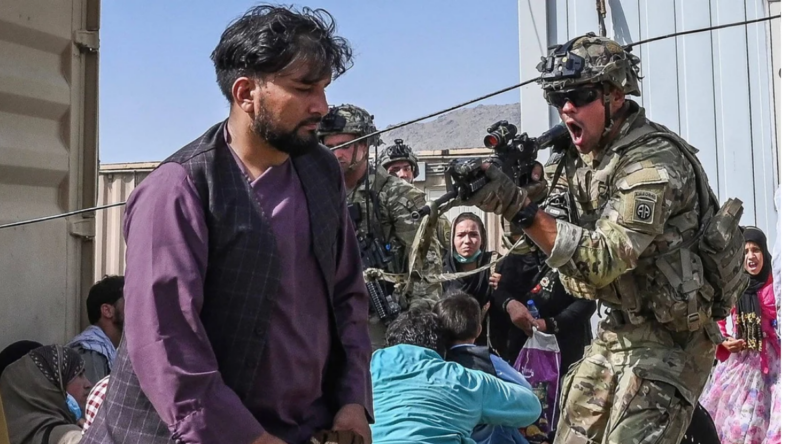The Biden Administration, in its recent move, authorized the US Government, United Nations and other humanitarian organizations to provide humanitarian assistance to the Afghan people.
Accordingly, The United States Treasury’s Office of Foreign Assets Control (OFAC) released three licenses to allow Government officials, international organizations, Non-governmental organizations to engage with Terrorist organizations blacklisted by US Government, i.e. Taliban and Haqqani Network, to provide aid to Afghans.
US Government’s move comes after various reports, including that of the World Food Programme, highlighted the deploring conditions in Afghanistan, which left nearly two crore Afghans in acute food insecurity. Cold winters, unfavourable climatic conditions made it difficult for Afghans to ensure food security.
Earlier this month, Pakistan impeded the delivery of humanitarian aid extended by India through its land border. Pakistani authorities blocked the movement of trucks carrying wheat, medicines, clothes etc. essentials despite Pakistan urging world leaders to extend assistance to Afghanistan.
Countries like China, Russia and Central Asian countries also extended humanitarian aid to the Afghans.
Afghanistan is going through an acute economic and Political Crisis. A few months ago Taliban, a Terrorist organization, ousted the democratically elected government led by Ashraf Ghani.
The value of Afghan currency has dipped following the takeover by the Taliban, making Imports of essentials costlier. Also, countries are reluctant to provide aid to Afghanistan because of a lack of faith in Taliban ruled Government.
Lack of irrigation, marketing facilities, dependence on agriculture, absence of a sound industrial base and other associated factors makes people of Afghanistan vulnerable to the food crisis.
Sudden takeover by the Taliban has disrupted the trade leaving pockets empty. Bordering countries of Afghanistan have sealed their borders, including Pakistan, to stop the influx of refugees, impacting the international trade along these routes.
The surge in demand for essentials (especially after the takeover and before the onset of winter) created inflationary pressure on the economy. A report published by United Nations in 2010 concluded that-
“Poverty kills more Afghan’s than conflict does”
Stability and Peace in Afghanistan are vital for the region, especially for West Asia and East Asia, as Afghanistan is an intermediary between both.
The geographical position of Afghanistan holds immense significance as it allows access to Central, West and East Asia. Also, Afghanistan has enormous natural resources, including precious/rare metals and minerals.
Because of these reasons, countries like China, Russia, Turkey are showing enthusiasm in engaging with Afghanistan. China was 1st among those to promise Financial and Humanitarian aid to Afghanistan after the Taliban takeover.
Stability in Afghanistan can be beneficial for China to enlarge its reach in the region. Afghanistan can play a vital role in China’s ambitious Belt and Road Initiative.
Afghanistan has rich reserves of Lithium which is base to produce Lithium-ion batteries that power electrical equipment, including electric vehicles.
For Russia, engagement and collaboration with the Taliban is critical to ensure that Afghan soil is not used by organizations, which can threaten Russia’s interests.
For India, stable Afghanistan plays a crucial role. India has invested nearly three billion dollars in Afghanistan since 2000.
India financed the construction of the Afghan Parliament, Salma and Shahtoot Dam, Highways, Hydro electrical projects, Schools, Hospitals, Power lines and 120 High impact community development projects. Afghanistan acts as the gateway to the oil and mineral-rich Central Asia.
The famous Tajikistan Afghanistan Pakistan India (TAPI) Gas pipelines also go via Afghanistan. Like Russia, the Taliban’s efforts are essential to ensure that Terror outfits do not use Afghan soil to target India, especially on Northern frontiers.
Instability in Afghanistan can result in an influx of refugees in India, adding pressure on our economy.













